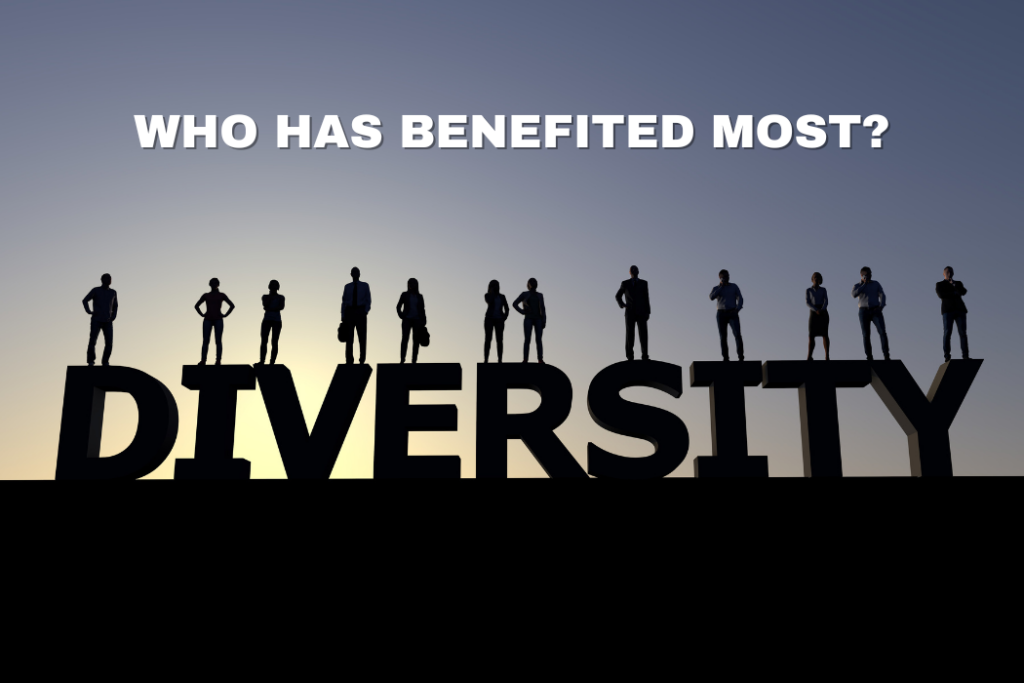
Businesses need to cater to many audiences with diverse needs. However, several sectors are still greatly underrepresented by business leaders and owners who are people of color or from minorities. Census Bureau data shows that while Black people comprise 14.2 percent of the US population, only 2.2 percent of the nation’s businesses are Black-owned. There are other minority groups, including women that do not get sufficient representation either. A big part of this is a lack of resources or access to them; bridging the gap between these groups and resources can help empower them. Here is the ultimate guide on the relevant resources that Black, minority, and women business entrepreneurs can take advantage of.
Black-Owned Businesses
Most Black-owned businesses still go through obstacles to receive funding opportunities. Fortunately, there are various private and public organizations that can support these businesses. Backstage Capital is a venture firm in the tech industry known for investing in companies with underrepresented founders, including those from the Black community. Its founder, Arlan Hamilton, experienced homelessness firsthand as a Black woman and conceived the business due to her experience. The firm has invested in over 130 companies, exceeding $7 million in value.
Federal grants are also an option for Black entrepreneurs. More than 20 agencies grant opportunities worth $500 billion annually to businesses of all backgrounds through their centralized portal. Other organizations include Founders First Capital Partners, which operates on a flexible payback model. This means that payments are based on cash flow instead of a specific amount each month.
Women-Owned Businesses
Women are severely underrepresented or unjustly compensated in business. But in more recent years, several have shattered the glass ceiling and begun to pave the way for more women entrepreneurs through grants. Nerdwallet columnist Teddy Nykiel lists grants like the Girlboss Foundation grant and the Eileen Fisher Women-Owned Business Grant as great examples that award $15,000 to $100,000 to deserving women business owners. The former is particularly notable since it grants funding for all female-identifying entrepreneurs, a demographic that’s often overlooked.
Managing a business is difficult for women, especially single mothers. Despite that, many choose to pursue their education to build a better future and gain valuable industry knowledge that are often gate kept from women. On top of fighting for a spot in the business world, these women are also responsible for raising their children singlehandedly. AskMoney features articles on financial aid grants that can help mothers who are working and studying, such as state-specific assistance programs geared towards single mothers. For instance, the New York State Tuition Assistance Program encourages single mothers to apply, and they can grant as much as $5,665. Women can also look to Women’s Business Centers around the country for similar assistance. And as long as criteria are met, one can finish their degree to help them potentially kickstart a successful business.
Minority-Owned Businesses
The LGBTQ+ community is another community that is underrepresented in business. Reaching Out aims to change that by providing individuals with the opportunity to network and learn skills that will enable them to succeed in business. The ROMBA Conference is a great resource because leading businesses that partner with Reaching Out tend to recruit top-level talent and support the community.
The National LGBT Chamber of Commerce (NGLCC) is another useful resource as it is the only national advocacy organization with the aim of providing opportunities for the LGBTQ+ business community. It is also the exclusive third-party certifying body for LGBTQ+ business enterprises. It also works to include certified LGBTQ+ businesses in procurement opportunities at all levels. Those who want to certify their businesses can visit the NGLCC website.
Another great resource is Startout, which is a nonprofit that connects and educates LGBTQ+ entrepreneurs to empower leaders and businesses. Their aim is to create more jobs for LGBTQ+ individuals in their local communities. They also recognize and respect contributions to amplify stories and experiences that can empower the whole community. Entrepreneurs can join Startout’s networking events to gain valuable connections that can help in their respective businesses.
For socially responsible business models, the Pipeline Angels Funding may be the best fit. Entrepreneurs can pitch to a network of women investors through summits that are held several times a year. Eligible businesses include for-profits headed by cis females, non-binary femme, or transgender women. This organization serves as the support system for entrepreneurs who are going through the critical start-up stage.
Resources are difficult to come by, and admittedly, those who are underrepresented will have a more difficult time getting what they need. However, knowing where to reach out for assistance can bridge this gap. Black, women, and minority business entrepreneurs are just as essential to the nation’s economy, and they have each played an integral role during the difficulties of the pandemic. Indeed, the other resources mentioned above are crucial in maintaining the connections to smaller and diverse communities and their unique needs. For more information do go through our other articles on MBE magazine.













